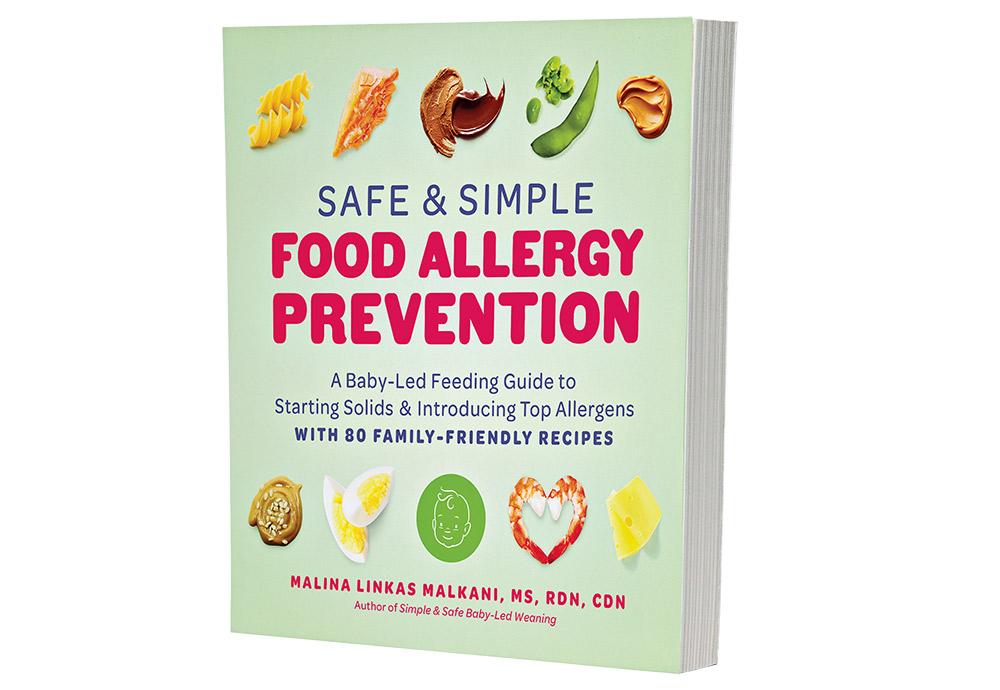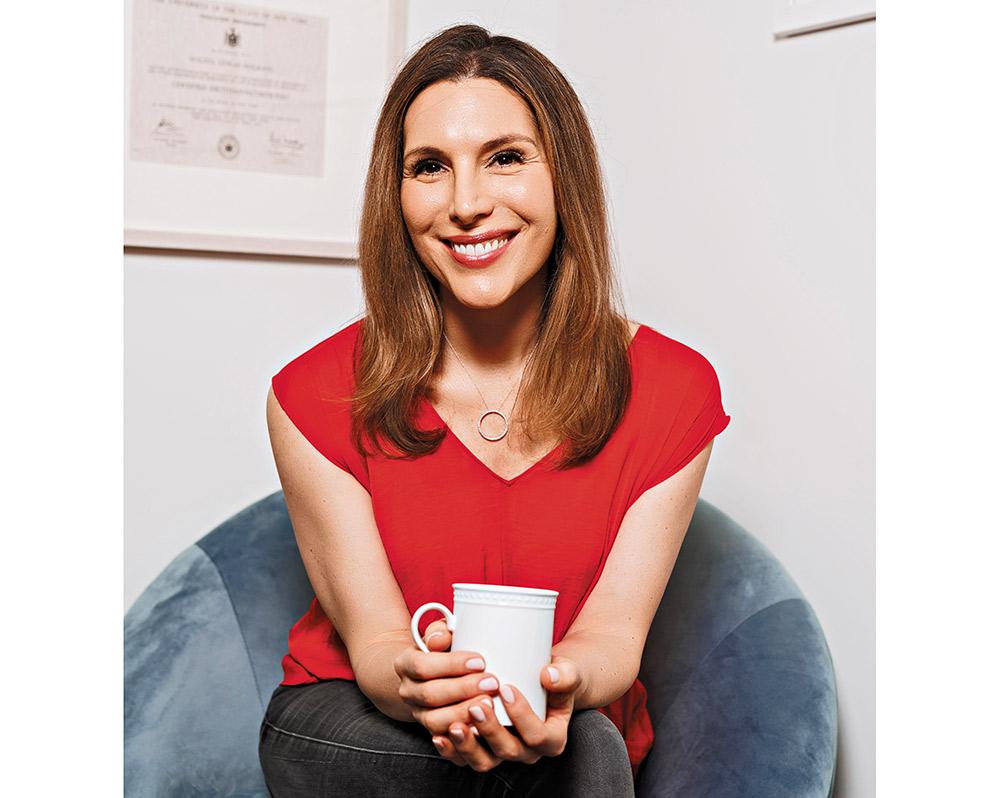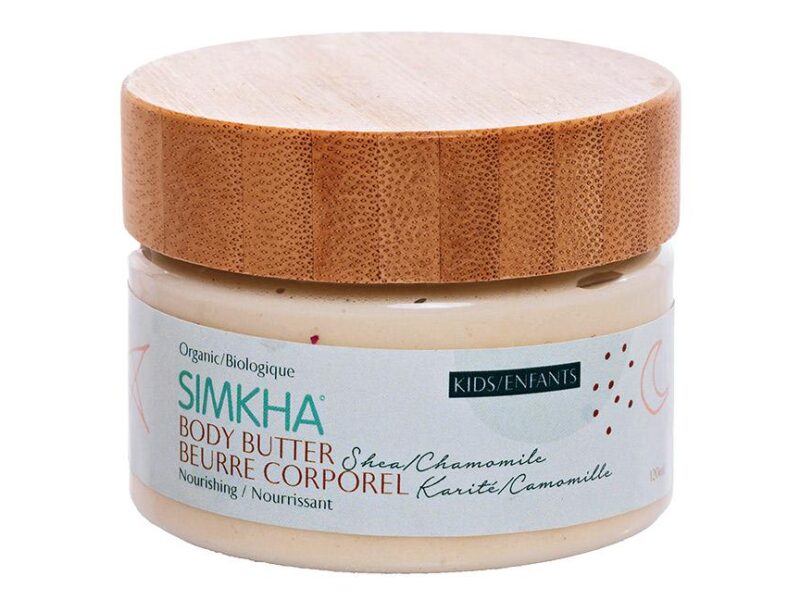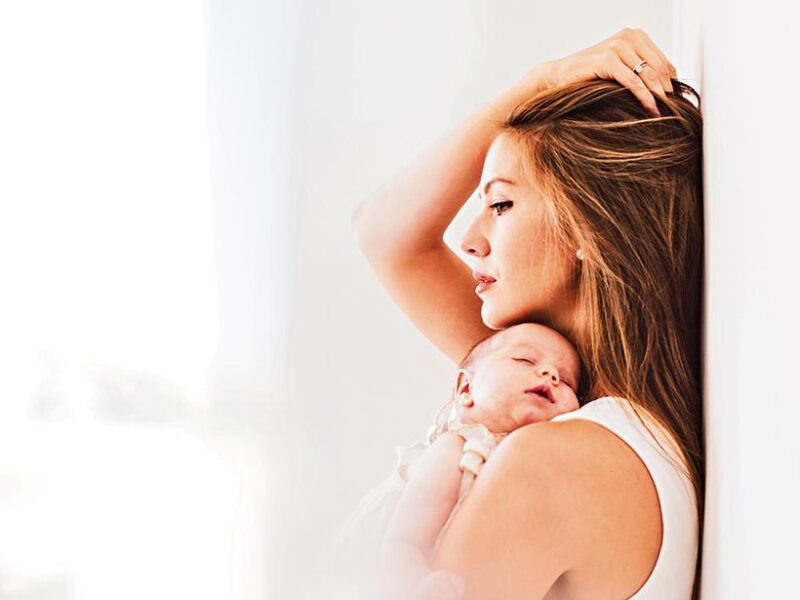
Allergy Prevention
Food allergies are the second most common type of allergy, and while they can occur at any age, they are most common in infants and children. There is no known cure for food allergies. The best way to avoid a reaction is by avoiding certain foods or products that contain the food allergen. The top food allergies include peanuts, eggs, cow’s milk, tree nuts, fish, shellfish, soy and sesame.
For parents, food allergies are often a highly stressful and expensive medical condition that requires careful planning and meal preparation. On average, food allergies in children cost families thousands of dollars more annually on allergen-free products and medications.
Many food allergies in children can be prevented by safely introducing the foods into a baby’s diet early and often. In fact, a comprehensive study done in 2015 showed that giving babies peanut-friendly foods frequently, starting between four and six months of age, reduced the risk of them developing an allergy by 86 per cent.

While there is some information about food safety and allergy prevention available, it’s almost impossible to find. Malina Malkani, a pediatric registered dietitian and expert in infant feeding, is changing that with her new book Safe and Simple Food Allergy Prevention: A Baby-Led Guide to Starting Solids and Introducing Top Allergens with 80 Family-Friendly Recipes. The book, which comes out this November, covers everything parents need to know about baby-led feeding and food allergies, including risks, prevention and safe practices for introducing allergens into a baby’s diet.
Throughout the book, Malkani gives parents practical tips and advice about a baby-led feeding approach to safely introducing foods into an infant’s diet. She also provides valuable information on nutrition and baby development, helping parents understand how safe self-feeding practices develop an infant’s adventurous palate while improving their motor skills.
Malkani explains the narrow window parents have in a baby’s development to expose them to different types of foods, so they learn to enjoy a variety of tastes and textures while reducing their risk of developing allergies. For example, developing protection against peanut allergies is most effective when a baby is between four and six months old. Every month parents delay introducing peanuts after six months can increase the risk of a peanut allergy by up to 30 per cent. On average, it takes repeated exposure—15 times or more—for infants to like a food. Repeated exposure also makes babies less likely to become fussy eaters as they grow.
All the information in Malkani’s book is based on scientific, evidence-based research. Along with a wealth of valuable information, Malkani provides a nine-day road map to safely introducing the top allergens into a baby’s diet and over 80 recipes of baby-friendly foods that the whole family can enjoy.
Along with her book, Malkani, a single parent to three daughters, is a highly acclaimed public speaker, best-selling author and social media influencer. She has a website at malinamalkani.com, and TikTok and Instagram channels, @healthy.mom.healthy.kids, where she provides parents with advice and tips for feeding their babies. Her baby-led approach to introducing foods is reshaping dietary habits and eating behaviours by offering parents opportunities to help their children develop a healthy relationship with food, starting in infancy.
Malkani’s book, Safe and Simple Food Allergy Prevention: A Baby-Led Guide to Starting Solids and Introducing Top Allergens with 80 Family-Friendly Recipes, will be available this November online and at select bookstores. Parents looking for information now about allergy prevention and baby-led feeding can visit her website or social media pages for news, tips and recipes.





